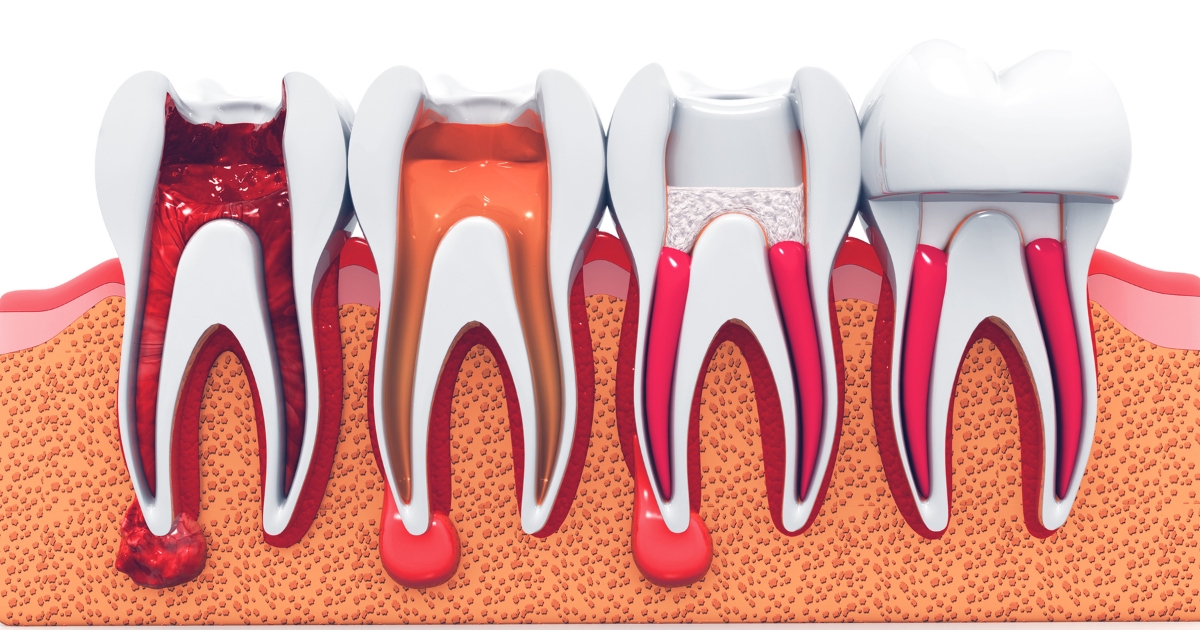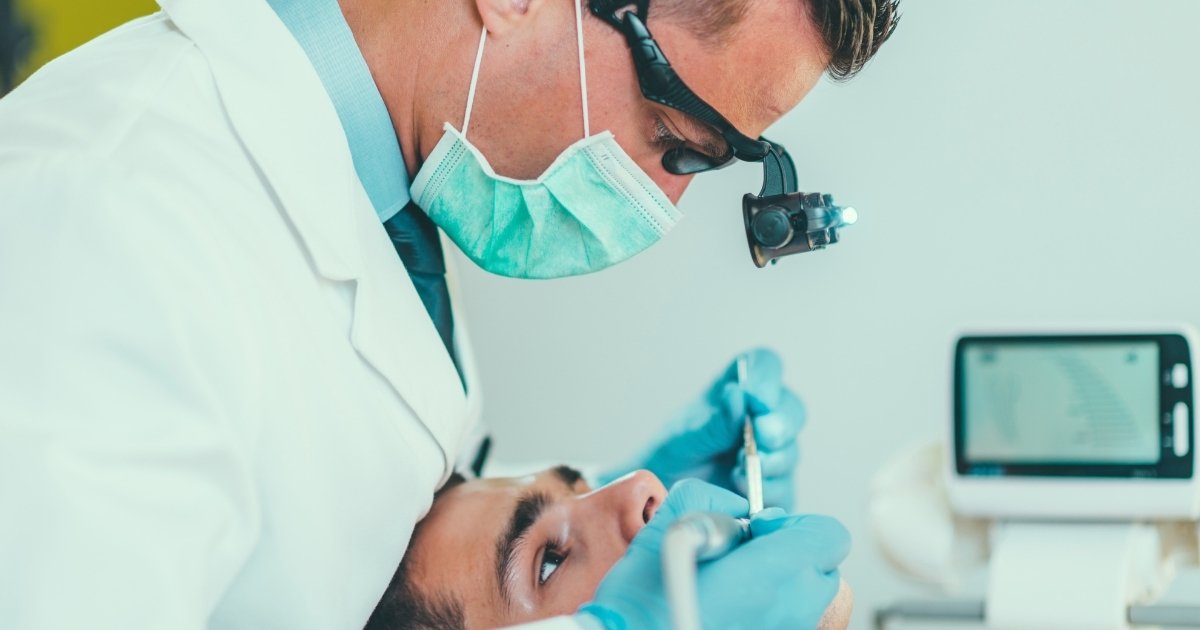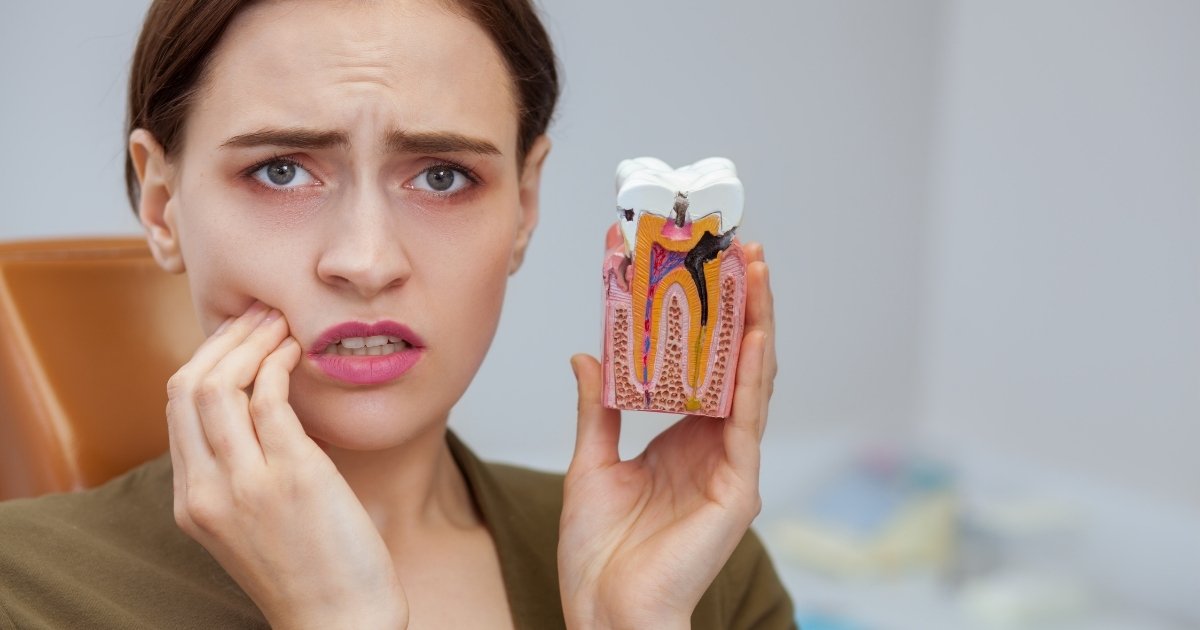Call Us Today 817-737-7668

You’re having a good day, perhaps playing a sport, riding a bike, or simply walking when—wham!—sudden fall or collision has you cradling your mouth in agony. In a fraction of a second, your teeth absorb the shock, and now you wonder: Is this bad? Do I need to get it checked out right away?
Traumatic dental injuries are more prevalent than individuals realize. A minor accident can result in anything from a minor chip to a knocked-out tooth. Some of the injuries can appear minor at first but become larger issues if not treated. Let’s examine the most prevalent forms of dental trauma and what you should do if they occur to you.
1. Chipped or Fractured Teeth
It’s one of the most common dental injuries that can result from biting something hard or trauma from an accident. It can range from a slight chipping of the enamel to deep fractures that damage the tooth nerve. While some chips do not hurt, deeper cracks can be painful and pose a risk of being infected. Dental bonding, veneers, or crowns are some of the best treatments for .
2. Knocked-Out Tooth (Avulsion)
A knocked-out tooth is a dental emergency that sports injuries, falls, and car accidents can cause. The earlier the tooth is replaced, the higher the success rate of saving it.
If it occurs:
- Pick up the tooth by the crown (not root).
- Gently rinse it if it’s dirty, but do not scrub the tooth
- Attempt to put it in the socket or put it in milk/saline till you see a dentist.
3. Dislodged Tooth (Luxation)
It happens when a tooth is displaced from its regular position. Such teeth can be forced inwards, outwards, or sideward. Even if the tooth remains in position, there may be injury to the surrounding gum tissues.
- Treatment for this can include repositioning, splinting, or root canal treatment if the tooth nerve is also damaged.
4. Root Fractures
Unlike a chipped tooth, these fractures are below the gumline and thus they’re difficult to diagnose. Mostly direct trauma causes them. Its symptoms can range from pain on biting to swelling around the gumline.
- Some root fractures can heal naturally, but others may need tooth extractions.
5. Soft Tissue Injuries
Traumatic injury isn’t just limited to teeth—lips, gums, and the tongue can also become cut or bruised. Less severe injuries mend on their own, but extensive lacerations might need to be stitched.
- Warm salt water rinsing and gentle pressure on the cut will help control bleeding.
6. Jaw Fractures or Dislocations
Violent blows to the mouth can cause a broken or dislocated jaw. Pain in opening the mouth, misalignment, swelling, and bruising are some symptoms that require immediate medical care to avoid complications down the line.
- Jaw surgery can be necessary to treat this condition.
What To Do If You Suffer a Traumatic Dental Injury?
- Act quickly. Get emergency care for dental trauma as soon as possible.
- Stop bleeding. Use gentle pressure on the wound with a clean cloth or gauze.
- Save knocked-out teeth. Store them in milk or saline.
- Don’t touch the roots. Pick up the tooth by the crown.
- Get professional attention. Even small injuries should be checked by a dentist.
How to Prevent Dental Injuries?
- Wear a mouthguard while playing sports and high-impact activities.
- Don’t chew on hard things such as ice or pens.
- Be careful walking on slippery floors.
- Stay updated with regular dental appointments to catch any dental weaknesses early.
Accidents do happen, but on-time emergency care for dental trauma can become a lifesaver. Whether it is a chipped tooth or an injury to the teeth, immediate treatment is essential. You or your loved one might be suffering a dental emergency at Colleyville, so do not hesitate—contact our dental professionals now. Your smile needs urgent attention, and we’re committed to helping restore it.





